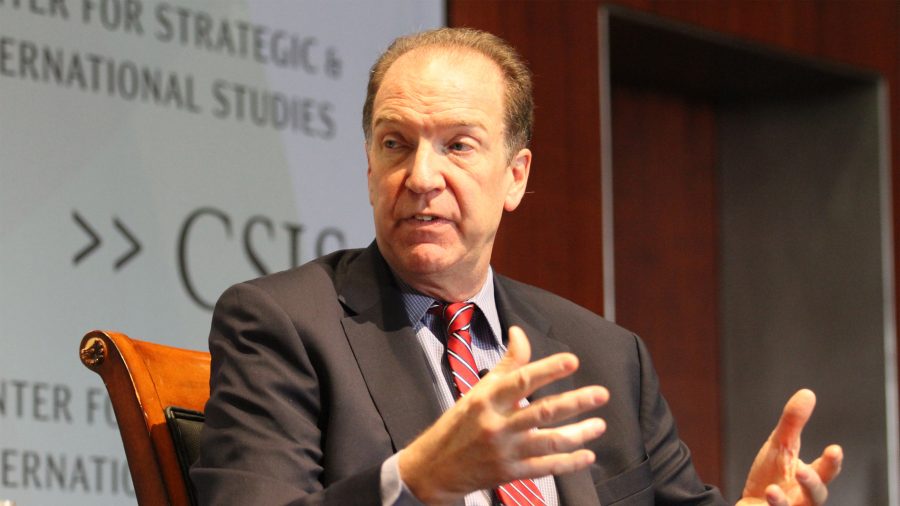The World Bank has warned that import restrictions and the Central Bank of Nigeria’s foreign exchange policies are the main drivers of food inflation in Nigeria.
This was revealed in the World Bank’s new biannual study, Africa’s Pulse.
The Nigerian central bank has implemented regulations such as prohibiting some commodities from accessing forex at the official rate through the Investors and Exporters (I&E) window. Nonetheless, the Washington-based lender has determined that policies aimed at pinning the currency rate and imposing trade restrictions have fueled Nigeria’s alarming inflation.
The Optics
- The National Bureau of Statistics (NBS) released the CPI (Consumer Price Index) report for the month of March 2022, which showed that Nigeria’s inflation rate quickened to a five-month high, standing at 15.92%, representing 0.21% point rise above the 15.7% rate recorded in the previous month.
- The rise in the rate was attributed to the 17.2% rise in the food index, while the core inflation stood at 13.91% for March 2022. The uptick in food inflation rate was attributed to the increase in the prices of bread and cereals, Food product, Potatoes, yam and other tubers, fish, meat, oils and fats.
- The CBN classified 41 products on its FX restriction list in 2015, claiming that the action was required to conserve the country’s foreign reserve and stimulate local production of the restricted items.
- Margarine, poultry and eggs, rice, and cement are among the commodities that made the 2015 list. In 2020, the apex bank added maize to its list of foreign exchange restrictions, instructing all licensed dealers to stop processing Forms M for maize/corn importation into the country immediately. Sugar and wheat have also been added to CBN’s list of FX restrictions.
- In 2022, the CBN announced the introduction of e-evaluator and e-Invoice to replace hard copy final invoices as part of the documentation required for all import and export transactions.
- Naira depreciated by 0.32% on Wednesday to settle at N418.33/$1 vs N417/$1 in the previous trading session, its lowest level since January 4, 2022. In a similar vein, overall FX sales decreased by 2.81% to $151.07 million.
- The exchange rate at the parallel market closed at N580/$1, on Thursday, appreciating by 1.53% compared to N589/$1 traded in the previous day. This is according to information obtained from BDCs operating in Nigeria.
What the World Bank is saying
The World Bank said, “Rising food prices are the underlying factor behind the surge of headline inflation in Nigeria. Food prices have increased due to import restrictions and a nonflexible exchange rate management.”
The World Bank states that CBN forex policy is keeping the Naira strong in the I&E window. However, the value of the Naria remains weak in the black market.
“The current regime is keeping the official exchange rate of the naira artificially strong while the naira has weakened significantly on the parallel market. Additionally, the central bank has restricted importers’ access to foreign currency for 45 products and has reduced the supply to other importers,” the bank added.
The bank added that, “Inflation reached a four-year high at 18.2 per cent in March 2021, then eased to 16.0 per cent in October 2021 as food price inflation fell from a peak of 22.9 per cent in March to 18.3 per cent. Headline inflation rose to 15.7 per cent in February 2022, up by 0.1 percentage point from the two preceding months.”
The bank added that food and fuel shortages weighed on consumer prices and that the crisis in Ukraine will certainly aggravate inflation rates.
It said, “Food and fuel shortages put pressure on consumer prices despite fuel subsidies. Inflation is expected to remain high as the negative effects of the war in Ukraine are still coming through, with an annual projection of 14.8 per cent for 2022. Going forward, headline inflation is forecast to decline gradually to 13 and 11 per cent in 2023 and 2024, respectively.”






















